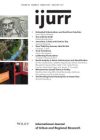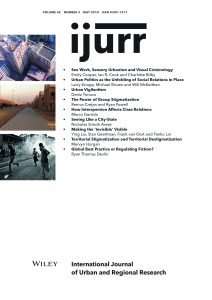Focusing on the case of young socialist vigilantes who were arrested and imprisoned as ‘terrorists’ in 2007, this article illustrates how vigilantism in working‐class neighbourhoods of Istanbul with a high Alevi population evolved from an unarmed, public and participatory form of vigilantism to an armed one, and discusses the role of the anti‐terror law in this transformation. The article illustrates the ways in which the anti‐terror law, by narrowing the space for civil politics, paved the way for youth engagement in violent forms of extra‐legal security practice in spaces occupied by the historically stigmatized working‐class Alevi population. The article also argues that, over the last decade, Turkey’s ruling elites have used the anti‐terror law to wage a war against the oppositional politics conducted by the country’s historically stigmatized populations (such as Kurds and Alevis). Not only has this war put politically active and respected local figures from these communities behind bars, it also ‘polices’ (à la Rancière) these communities. Accordingly, the article illustrates how the law that considers attempts at self‐governance as a threat to state sovereignty effectively intervenes in local politics and space, leading to the reconfiguration of political space at the local level.

